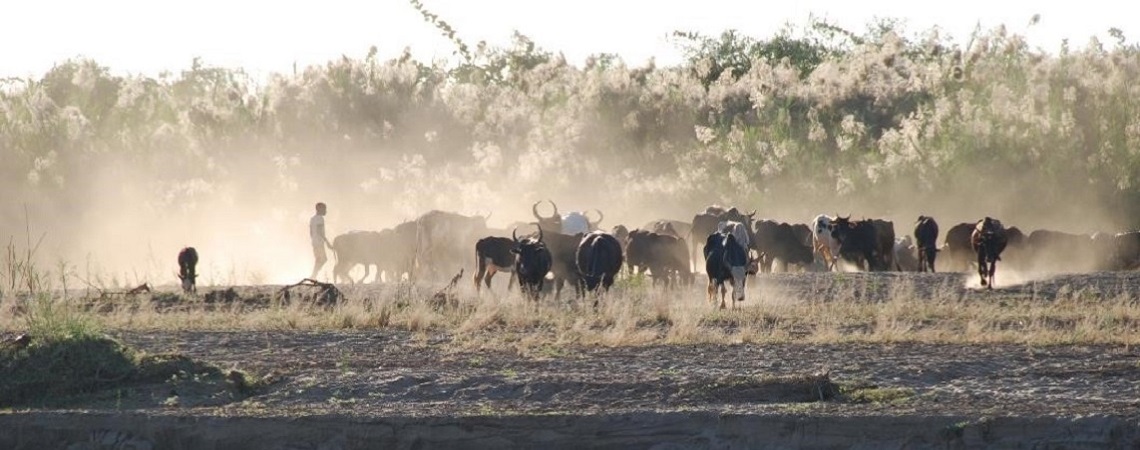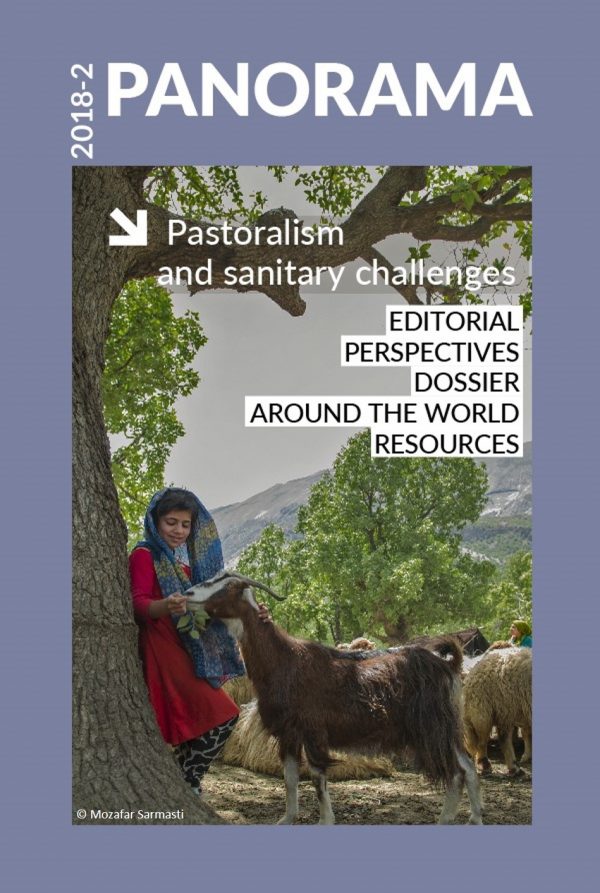Editorial Posted on 2019-02-21 09:46:48
Pastoralism and sanitary challenges
Keywords
Nomadic and transhumant herding of livestock provides more than 150 million people in arid and mountainous regions with their livelihood (1). Consequently, even if agricultural policies have focused mainly on developing modern animal production systems to feed an exponentially growing urban population, pastoralism must be preserved. It must be preserved as a culture; it must be preserved as a production system resilient to severe climate and environmental conditions in regions where there are virtually no alternatives; it must be preserved because it can still offer a future for young people in these regions.
Unfortunately, public services rarely take the interests of pastoral populations into account. Furthermore, over the past few years, a number of pastoral herding areas have become socially unstable through lack of political representation and the absence of viable economic opportunities.
Distribution of veterinary medicines, implementation of vaccination campaigns, parasite control operations…
For pastoralists, whether they are herding cattle in the Sahel region, dromedaries in the Middle East, yaks on the steppes of Mongolia or small ruminants, the good health of their animals is a constant concern, as they represent the family’s entire wealth. This means that veterinary services, such as the following, need to be accessible: distribution of veterinary medicines, implementation of vaccination campaigns, parasite control operations, etc.
The OIE cannot therefore ignore the sanitary challenges facing so many pastoralist families. In particular, it is enthusiastically involved in the World Bank-backed Regional Sahel Pastoralism Support Programme (PRAPS) in West Africa. Furthermore, our engagement in the control and eradication of peste des petits ruminants and other such scourges also helps to protect livestock and, consequently, the livelihoods of families.
For this second issue of the OIE Panorama, we might have chosen numerous other topics. However, I am delighted to give the floor to those striving to build a better future for the millions of pastoralists around the world. They deserve our thanks.
I hope you find this issue informative and interesting and that you like the new format for this OIE publication.
Monique Éloit
Director General
World Organisation for Animal Health (OIE)
http://dx.doi.org/10.20506/bull.2018.2.2863
(1) Source: CIRAD










